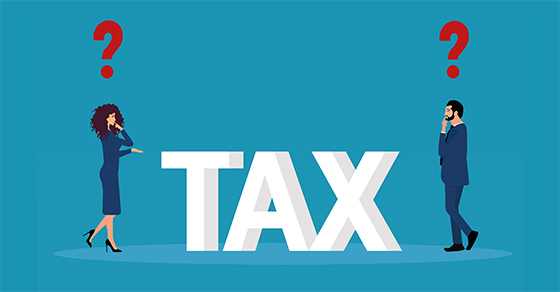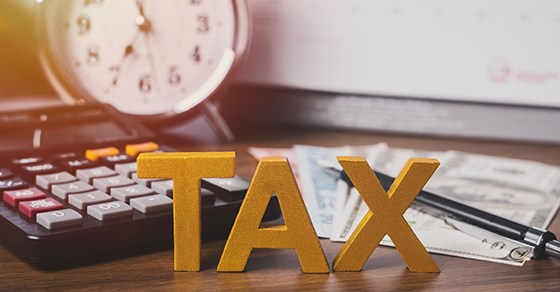
When you file your tax return, a tax filing status must be chosen. This status is used to determine your standard deduction, tax rates, eligibility for certain tax breaks and your correct tax.

When you file your tax return, a tax filing status must be chosen. This status is used to determine your standard deduction, tax rates, eligibility for certain tax breaks and your correct tax.

The IRS announced it opened the 2023 individual income tax return filing season on January 23. That’s when the agency began accepting and processing 2022 tax year returns. Even if you typically don’t file until much closer to the mid-April deadline (or you file for an extension), consider filing earlier this year. The reason is you can potentially protect yourself from tax identity theft.

The tax filing deadline for 2021 tax returns is April 18 this year. After your 2021 tax return has been successfully filed with the IRS, there may still be some issues to bear in mind. Here are three considerations:

The IRS announced it is opening the 2021 individual income tax return filing season on January 24. (Business returns are already being accepted.) Even if you typically don’t file until much closer to the April deadline (or you file for an extension until October), consider filing earlier this year. Why? You can potentially protect yourself from tax identity theft — and there may be other benefits, too.

Even after your 2020 tax return has been successfully filed with the IRS, you may still have some questions about the return. Here are brief answers to three questions that we’re frequently asked at this time of year.

“Tax day” is just around the corner. This year, the deadline for filing 2020 individual tax returns is Monday, May 17, 2021. The IRS postponed the usual April 15 due date due to the COVID-19 pandemic. If you still aren’t ready to file your return, you should request a tax-filing extension. Anyone can request one and in some special situations, people can receive more time without even asking.

The May 17 deadline for filing your 2020 individual tax return is coming up soon. It’s important to file and pay your tax return on time to avoid penalties imposed by the IRS. Here are the basic rules.

The tax filing deadline for 2019 tax returns has been extended until July 15 this year, due to the COVID-19 pandemic. After your 2019 tax return has been successfully filed with the IRS, there may still be some issues to bear in mind. Here are three considerations.

The coronavirus (COVID-19) pandemic has affected many Americans’ finances. Here are some answers to questions you may have right now.
